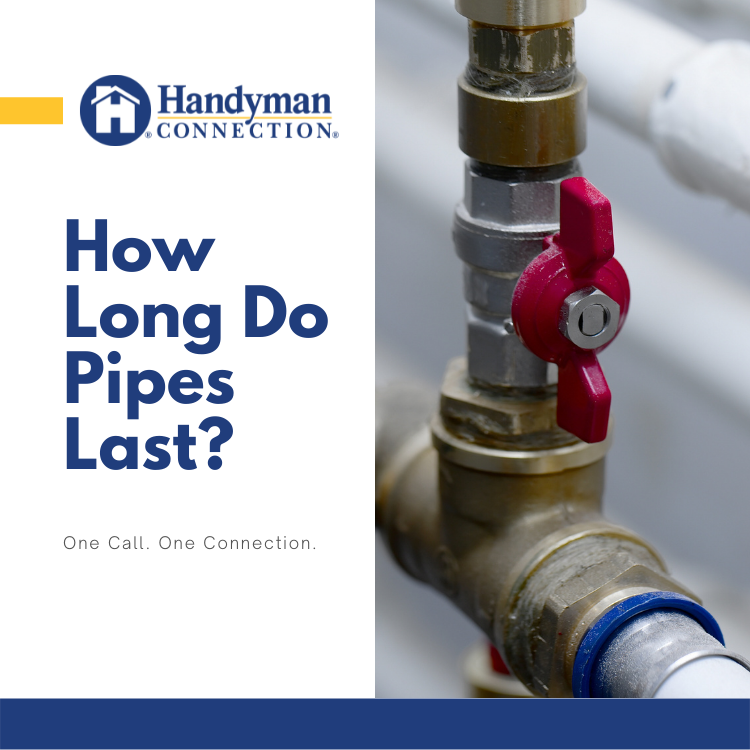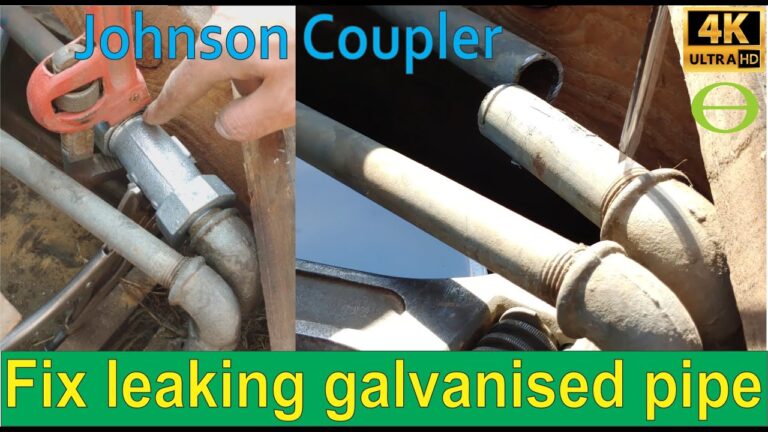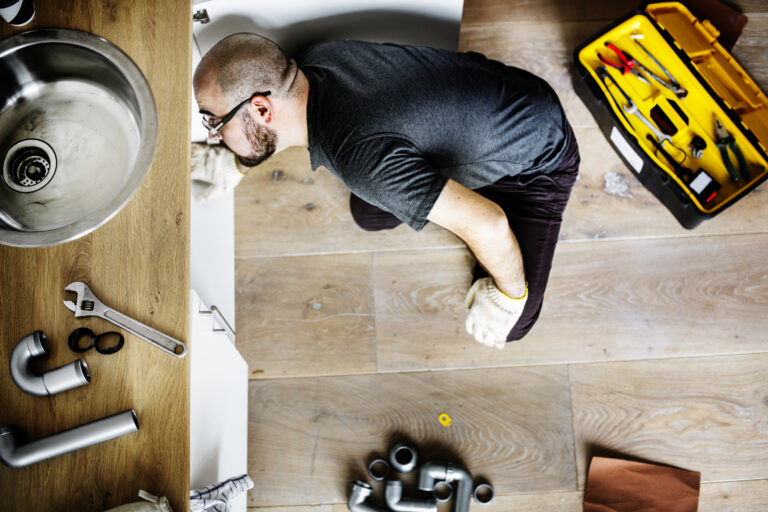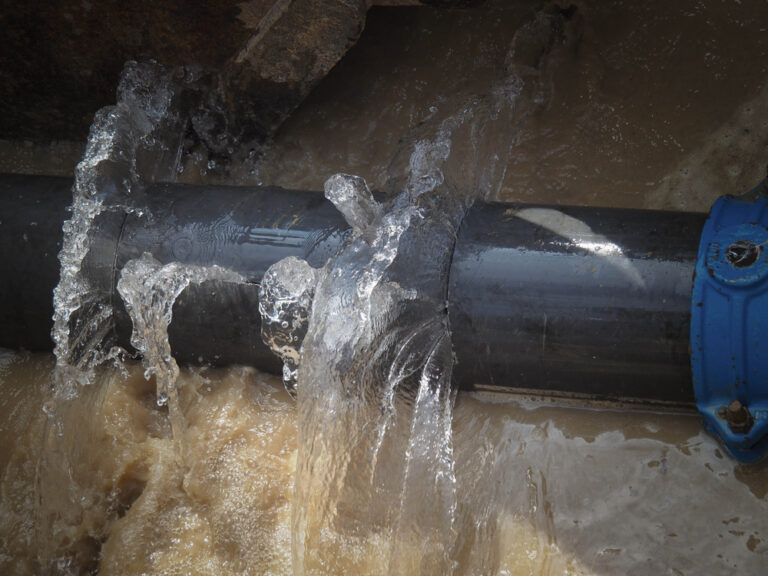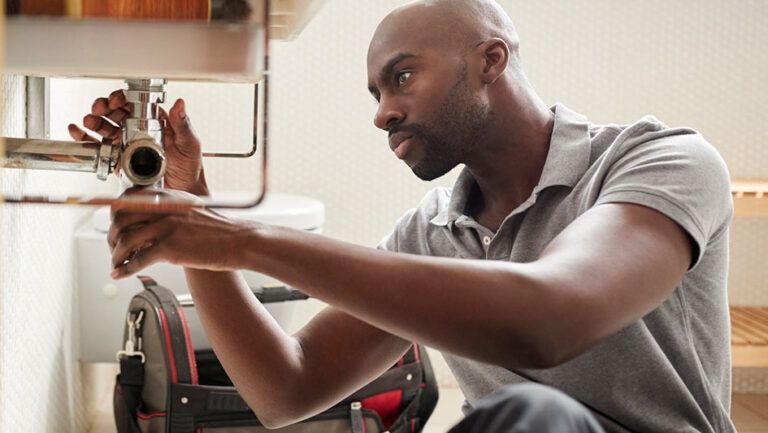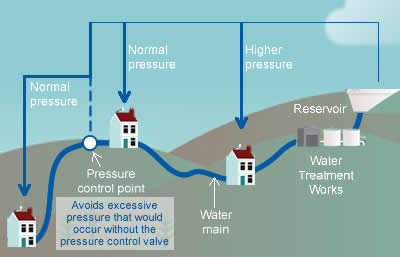How Long Does Plumbing Last?
Plumbing is a critical, yet often overlooked, component of any home or building. Knowing how long your plumbing will last is essential in order to plan for future maintenance and repairs. The lifespan of plumbing systems can vary greatly based on factors such as the quality of the materials used, the environment, and the maintenance provided. Generally speaking, most plumbing systems can last anywhere from 20 to 100 years. In order to maximize the lifespan of your plumbing, it is important to understand the components and how to properly maintain them.
Factors That Influence the Lifespan of Plumbing
The lifespan of plumbing in any given home or business environment is dependent on a number of factors. These can include the quality of the installation work, the materials used, the environment in which it is operated and the regularity of maintenance and care. Poorly installed plumbing will not last as long as a well-installed system, while regular maintenance and use of high-quality materials can extend the lifespan of your plumbing system. Environmental factors such as humidity, temperature, and exposure to chemicals can also affect plumbing over time, causing it to corrode and break down sooner than expected. Knowing these factors can help you make the most of your plumbing system and ensure it lasts as long as possible.
Identifying When Plumbing Needs to be Replaced
When it comes to plumbing, it can be difficult to know when it’s time to get a new system. Depending on the age and condition of the plumbing, it can be hard to tell when it’s time to get a replacement. Signs that indicate it’s time to replace your plumbing include frequent leaks, discolored water, and inadequate water pressure. Additionally, if your pipes are made of outdated materials such as lead, they should be replaced for the safety of your family. By paying attention to these warning signs and replacing your plumbing when necessary, you can ensure your plumbing system is up to date and functioning correctly.
Common Plumbing Issues and What Causes Them
Plumbing issues can range from minor inconveniences to major disasters, and understanding what causes them is an important part of keeping your home’s plumbing system in good condition. Common plumbing problems include clogged toilets, leaky pipes, and broken fixtures. Clogs can be caused by a buildup of tissue paper, dirt, and other debris in the pipes. Leaky pipes can result from worn out seals and old fixtures, while broken fixtures can be due to old age, wear and tear, or improper installation. Knowing the most common causes of plumbing issues can help you address them quickly and take steps to prevent future problems.
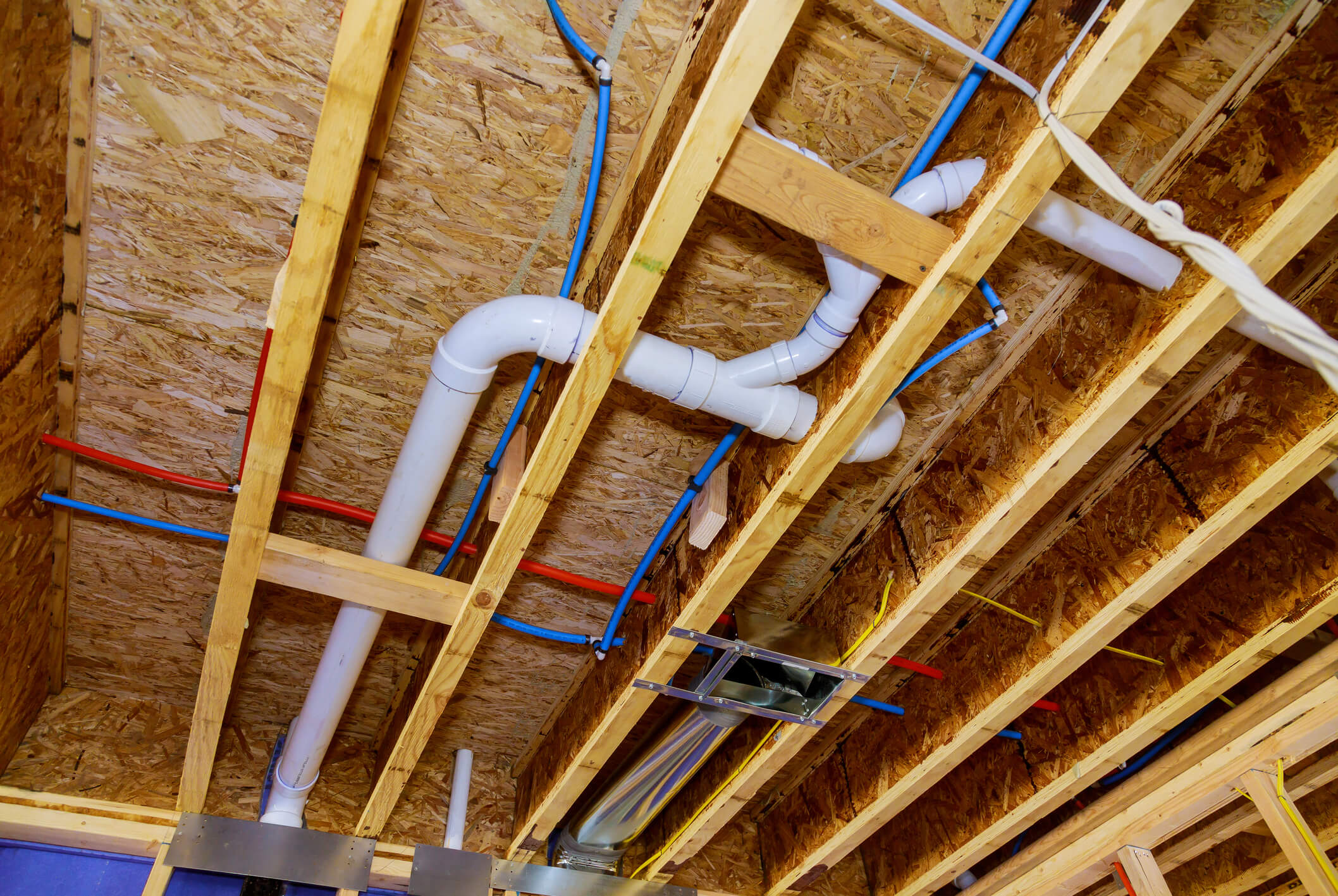
Preventative Maintenance to Extend Plumbing Lifespan
Preventative maintenance is an important part of ensuring the longest possible lifespan for plumbing systems. Taking steps such as inspecting pipes regularly, fixing any leaks as soon as they appear, and cleaning out drain lines can help to prevent any unexpected and costly plumbing issues. Regular maintenance can also help to reduce the risk of water damage and improve the overall efficiency of a plumbing system. Taking the time to keep up with preventative maintenance is a smart investment that can extend the lifespan and effectiveness of your plumbing system.
Signs It’s Time to Replace Plumbing
It’s easy to take plumbing for granted until something goes wrong. Unfortunately, plumbing can suffer from wear and tear over time. When it does, it can cause inconvenient, and potentially dangerous, problems. Knowing when to replace the plumbing can save you from costly repairs and water damage. The following are common signs you may need to replace your plumbing: a sudden increase in water bills, leaking pipes, slow drains, foul odors, and discolored water. If you notice any of these signs, you should consider replacing your plumbing. Don’t wait until these signs become more serious and cause costly damage. Take action now and ensure your plumbing is in good condition.
Cost of Replacing Plumbing
Replacing plumbing can be a costly endeavor, with the cost depending on the materials used and the complexity of the job. It is important to consider all your options when tackling a plumbing project, as the cost of replacing plumbing can quickly add up. It is also important to factor in the potential of labor costs, as a skilled plumber may be needed to ensure the job is done correctly. Additionally, the cost of replacing plumbing may be more than the initial estimate, as unexpected issues may arise. Therefore, it is important to be prepared for the potential of a higher cost than initially anticipated. Ultimately, replacing plumbing can be a costly endeavor, but the right materials and a skilled plumber can help ensure the job is done correctly and efficiently.
FAQs About the How Long Does Plumbing Last?
Q1: What are the typical life expectancies of plumbing systems?
A1: The typical life expectancy of a plumbing system depends on the materials used and the type of plumbing system. Generally, copper piping can last up to 50 years, while plastic piping can last up to 25 years.
Q2: How can I extend the longevity of my plumbing system?
A2: To extend the longevity of your plumbing system, it is important to regularly inspect and maintain the system. This can include checking for any leaks, corrosion, or other damages, as well as regularly flushing the pipes with a cleaner to prevent blockages and buildup.
Q3: What should I do if my plumbing system is showing signs of wear and tear?
A3: If your plumbing system is showing signs of wear and tear, it is important to have a professional inspect the system and determine the best course of action. Depending on the severity of the damage, the professional may be able to repair the system, or a full replacement may be necessary.
Conclusion
In conclusion, plumbing can last for many years with proper maintenance and care. With regular inspections and maintenance, plumbing can last for decades, if not longer. Additionally, using quality materials during installation and replacing worn-out components can help ensure your plumbing system remains in optimal condition for a long period of time. Ultimately, the lifespan of your plumbing system is dependent on a variety of factors including quality materials, proper installation, regular maintenance, and timely repairs.

